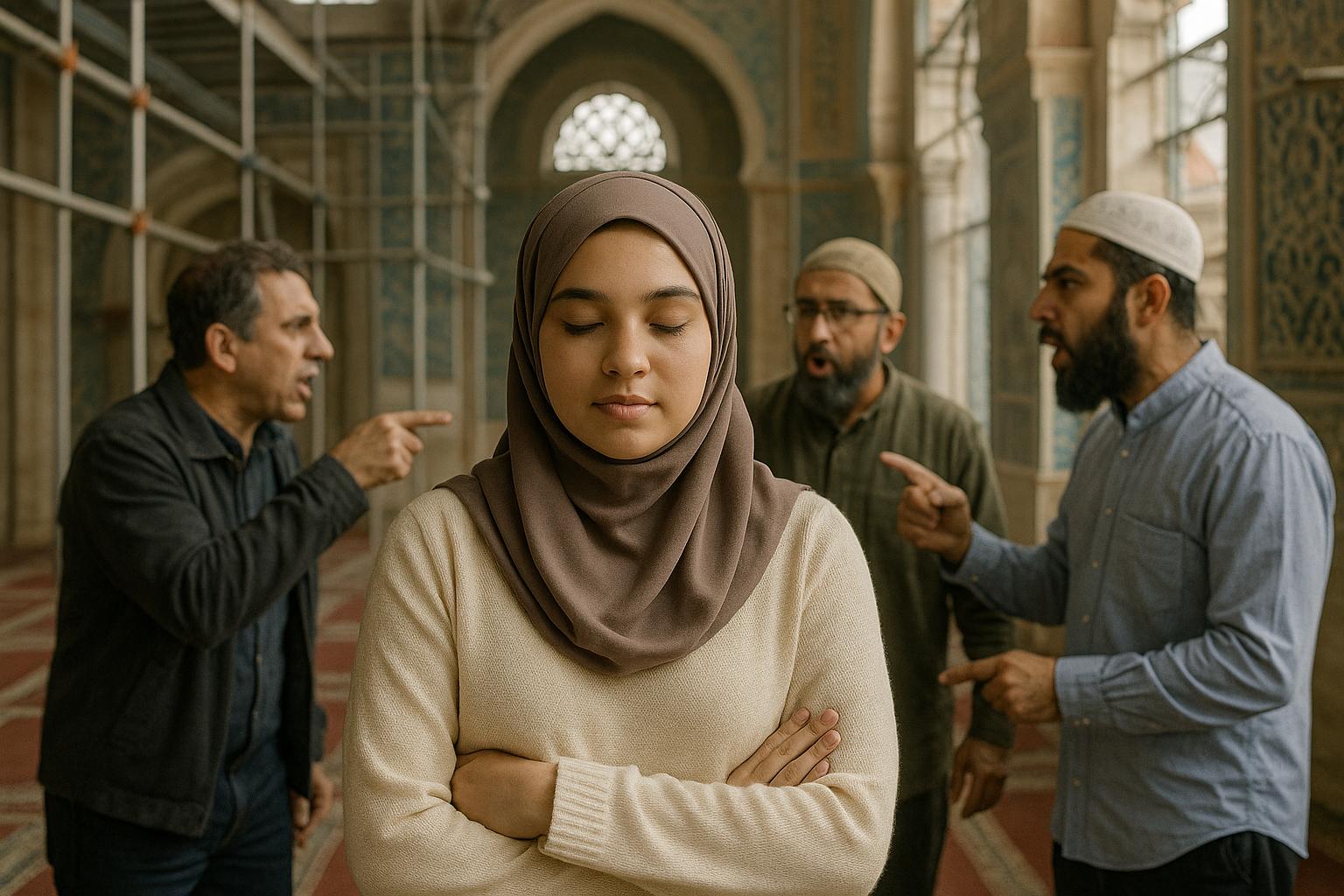The three great Abrahamic faiths—Christianity, Judaism, and Islam—share a profound tradition of hospitality, urging followers to honour and generously treat guests. This shared moral foundation has historically underpinned civilised behaviour towards others, whether in welcoming migrants or integrating into new cultures. In the UK, the past six decades have witnessed considerable societal transformation through immigration, with the British public generally demonstrating patience, kindness, and tolerance despite the substantial changes they have experienced.
However, the growth of the Muslim community in Britain has introduced new cultural challenges, particularly concerning views on the treatment and conduct of women that sometimes diverge sharply from mainstream British norms. While many such matters remain within private life, where a free state rightly refrains from intervention, tensions arise when these private practices spill into the public sphere.
A recent example reported involves the East London Mosque’s decision to exclude girls over 12 and adult women from participating in a Muslim Charity Run. This exclusion raises complex questions about religious accommodation, gender equality, and the application of the Equality Act, which some argue may be breached by such gender-based restrictions. Baroness Shaista Gohir of the Muslim Women’s Network UK has expressed concern over this issue, highlighting the difficulty in reconciling religious traditions with statutory commitments to equality. This incident exemplifies a broader conflict between multiculturalist policies and feminist principles, presenting a challenge for British society as it negotiates coexistence between respect for religious practices and upholding equal rights.
Meanwhile, the East London Mosque has publicly opposed external calls to regulate Muslim women's dress, such as wearing the hijab, which it views as voluntary expressions of faith. The mosque warns that government intervention risks undermining religious freedom and community relations, stressing that Muslim women’s attire aligns with British values rather than contradicting them. This stance reflects ongoing debates across Europe about the extent to which states should impose restrictions on religious expression, including bans on garments like the burqa and niqab, which human rights bodies caution could alienate the very communities such policies aim to liberate.
Efforts within the Muslim community itself are also evolving. Muslim women in the UK have called for male allies within mosque communities to champion gender inclusivity, addressing issues such as limited female access to prayer spaces and discriminatory practices in leadership. Notably, institutions like Cambridge Central Mosque have pioneered models of shared worship spaces and gender inclusivity, exemplifying progressive attempts to harmonise faith and equality.
Beyond internal dynamics, Muslim and Jewish communities in Britain have collaborated through initiatives like the UK Community Sponsorship Scheme, fostering refugee integration by mobilising local support networks. Such projects underscore a positive aspect of multicultural engagement, highlighting the potential for faith communities to contribute constructively to social cohesion.
European experiences reveal a diverse picture of integration policies directed at Muslim minorities. Some countries have introduced Muslim councils to mediate cultural conflicts and implemented citizenship and integration tests. However, measures targeting religious dress have also sparked controversy, balancing freedom of religion against perceived threats to national values. These developments parallel discussions in the UK, where the challenge remains to uphold a pluralistic society that honours both individual freedoms and social harmony.
Ultimately, the evolving interplay between multiculturalism and feminism in Britain presents a call for mutual respect and adaptation. It invites politically engaged liberals to uphold their principles consistently, encouraging new citizens to embrace the cultural norms of their adopted country while retaining their faith identity. The goal is to foster a society where diverse traditions coexist without compromising the rights and dignity of any group, supporting a modern Britain that is both inclusive and principled.
📌 Reference Map:
- Paragraph 1 – [1], [4]
- Paragraph 2 – [1], [6], [7]
- Paragraph 3 – [1], [2], [5]
- Paragraph 4 – [2], [7]
- Paragraph 5 – [3], [5]
- Paragraph 6 – [4], [1]
- Paragraph 7 – [6], [7]
- Paragraph 8 – [1], [3], [6]
Source: Noah Wire Services
